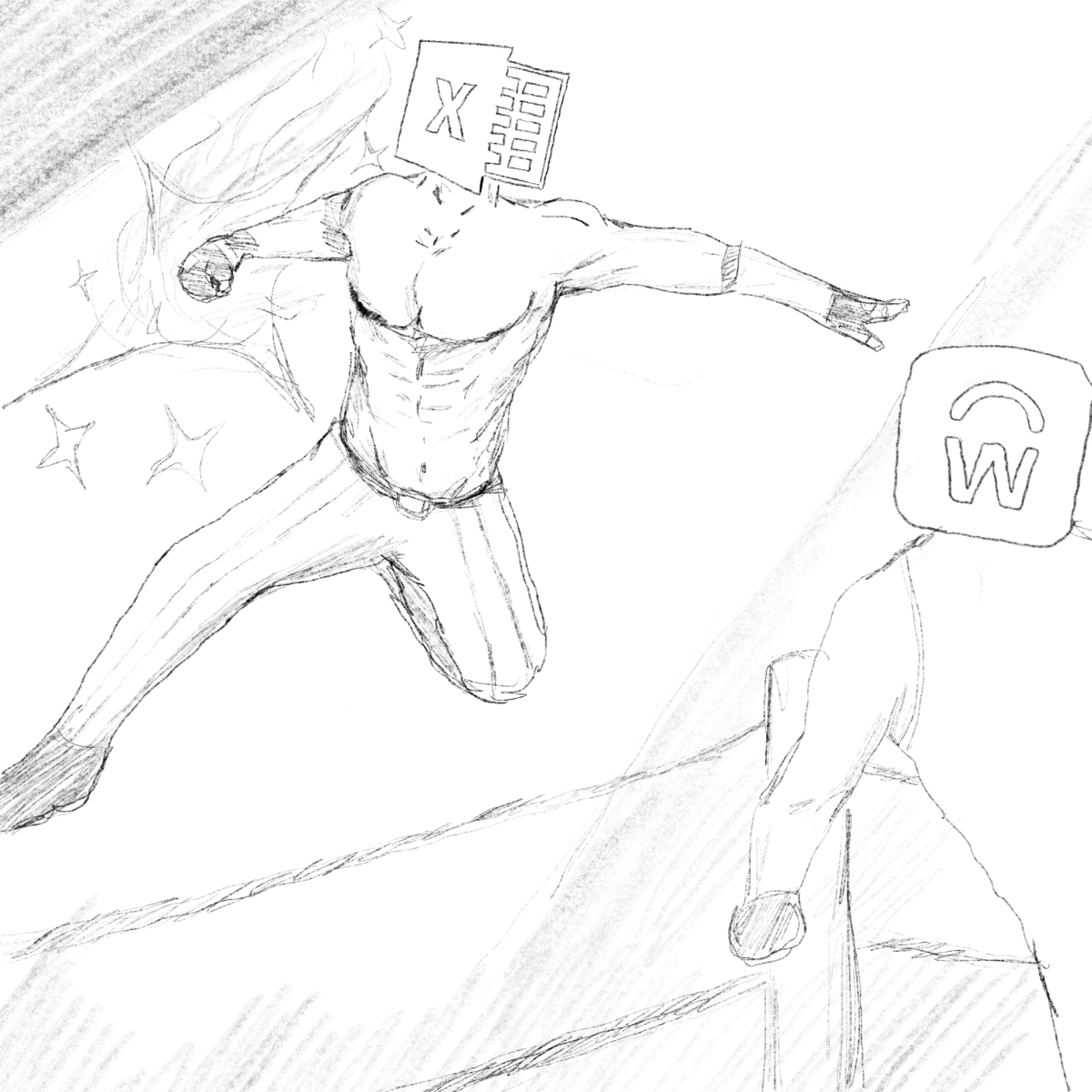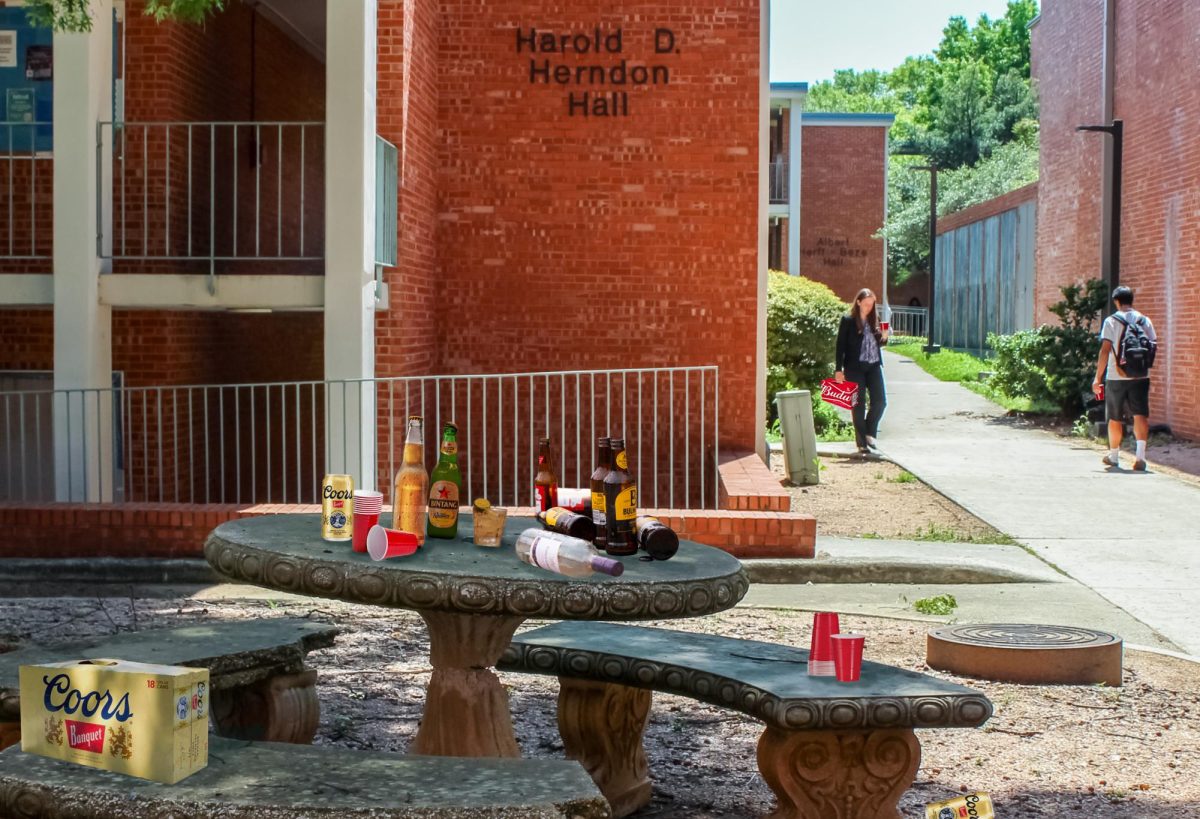March is nationally recognized as Women’s History Month, and Trinity University’s Women’s History Month committee is organizing 10 official events from mid-February through the end of March. This year, the committee is giving special attention to the experience of Latina and Latin American women.
“This year, the activities are organized by several organizations and individuals, including the Women’s History Month committee, which is sponsored by the Ruth McLean Bowman Bowers gift, SAGE, SDA, MAS Program-Alvarez Seminar, which is sponsored by Malu and Carlos Alvarez, and Josephine Mixon, who is a poet and advocate of domestic violence and sexual abuse awareness,” said Rosana Blanco-Cano, co-director of this year’s Women’s History Month committee.
Celebrating Women’s History Month serves as an opportunity to create a dialogue about the current status of women’s issues and gender relations, according to Dania Abreu-Torres, who is co-directing the Women’s History Month committee with Blanco-Cano as well as organizing the Alvarez Seminar activities.
“It is important to both start and maintain the conversation regarding women’s issues and, more than that, gender issues. I think many girls and women have forgotten what women groups were fighting for and I think Women’s History Month is a great venue to have events that will keep the dialogue alive,” Abreu-Torres said.
At Trinity, students and staff work together on the events organized for Women’s History Month. For example, the screening of “The Invisible War” is being organized by members of Students for the Advancement of Gender Equality (SAGE) and supported by members of the Women’s History Month committee.
The film, which is an Oscar-nominated documentary about the issue of rape in the United States Armed Forces, is scheduled to screen at 7 p.m. Monday, Feb. 18, in the Fiesta Room.
“The screening of “˜The Invisible War’ is included because of its relevance in contemporary America,” Blanco-Cano said.
Many of the events at Trinity are meant to facilitate a dialogue about a broader understanding of women’s experiences in current society, according to Blanco-Cano.
“As a feminist scholar, I believe in the importance of creating a dialogue across disciplines and perspectives that inform members of the Trinity community””and beyond””about the rich yet complex experiences of being women in contemporary societies. The Women’s History Month activities are aiming to recover a culture of celebration and reflection around women’s experiences and lives,” Blanco-Cano said.
Abreu-Torres, who served as co-director of the committee last year as well, believes that centering this year’s Women’s History Month events around a particular theme will help attract a wider audience and gain more attention for the issues being addressed.
“Though some events last year had great success””the faculty version of “˜Vagina Monologues,’ for example””the activities did not have a core or a theme that would give them coherence throughout the month to attract an audience. The thing about Women’s History Month is that it is a very open space in which, if we are not careful, the goal of reaching out to people to be aware of women’s and gender issues might get lost,” Abreu-Torres said.
This year’s selected theme, the experience of Latina and Latin American women, will be almost completely integrated into most of the events. Blanco-Cano, who is serving as co-director of the committee for her third year, believes that this will create a more meaningful and rich discussion.
“Last year, we focused on the experience of women from Iran, but not all the events were dedicated to the discussion of this experience. This year, we have a film screening, four lectures, and two events that deal with domestic violence and testimonies of empowerment. All of these activities directly address the experience of Latina and Latin American women,” Blanco-Cano said.
In addition to the themed events, the annual performance of “The Vagina Monologues” will also be held at 7:30 p.m. Saturday, Mar. 2, in order to keep the tradition a part of Women’s History Month at Trinity, according to Blanco-Cano.
“It is a performance written by Eve Ensler from a compilation of over 100 interviews with women of all ages, ethnicities, sexual orientation et cetera,” said Kimberly Berry, senior SAGE member and co-organizer of the event. “It is a play about women’s sexuality and a look into some personal stories and facts about vaginas. It is to raise awareness of women’s sexuality and each unique experience with coming to terms with their vagina.”







